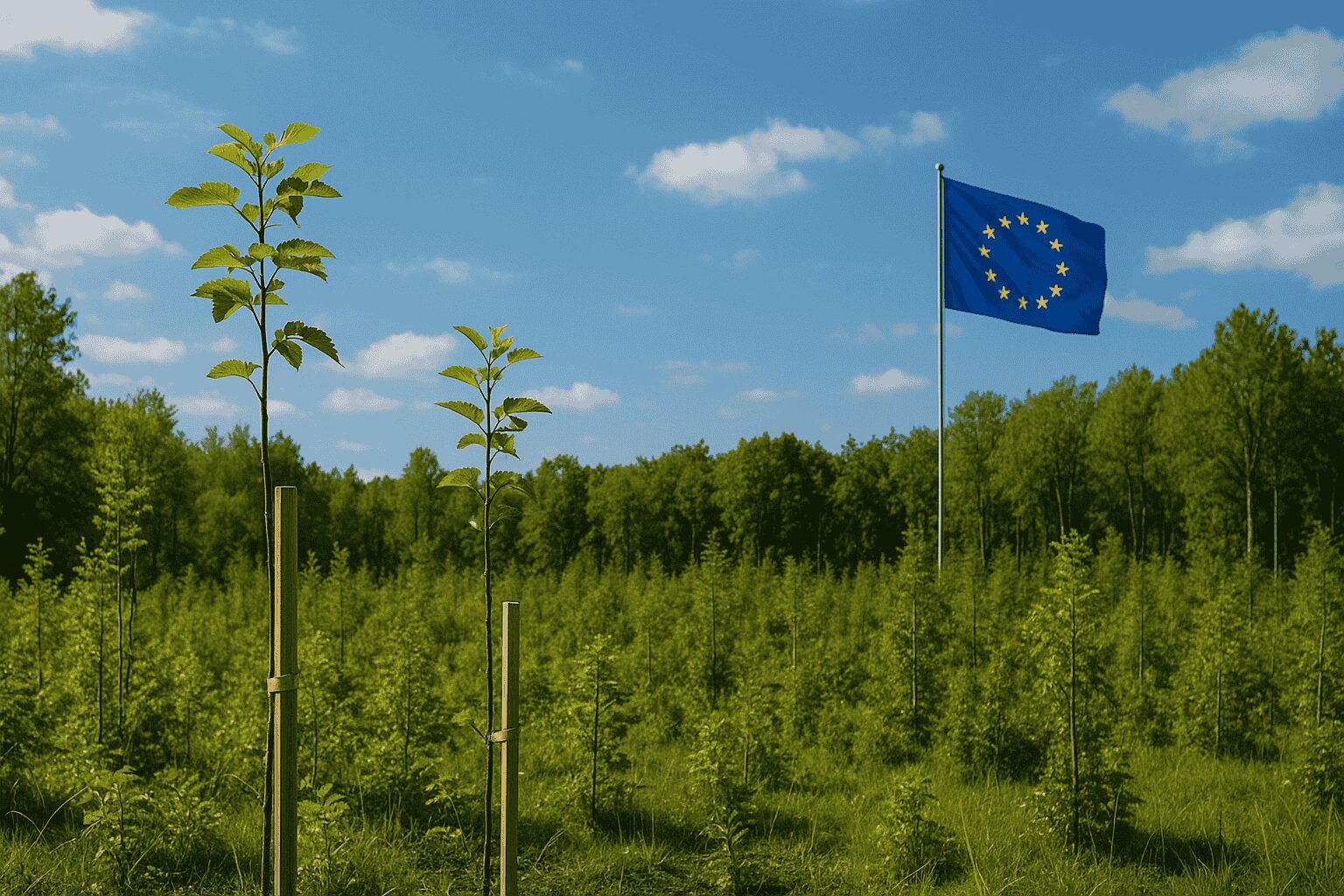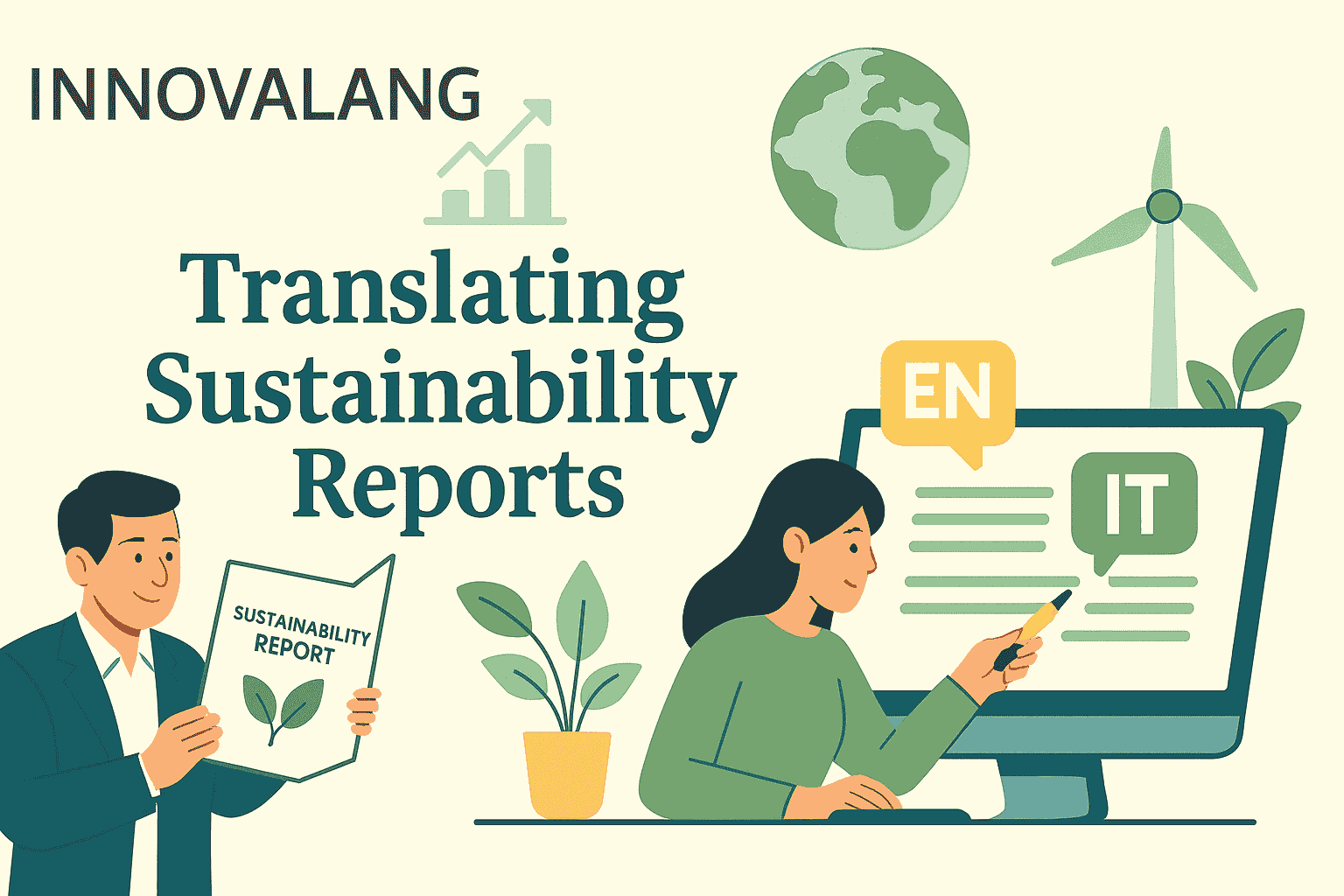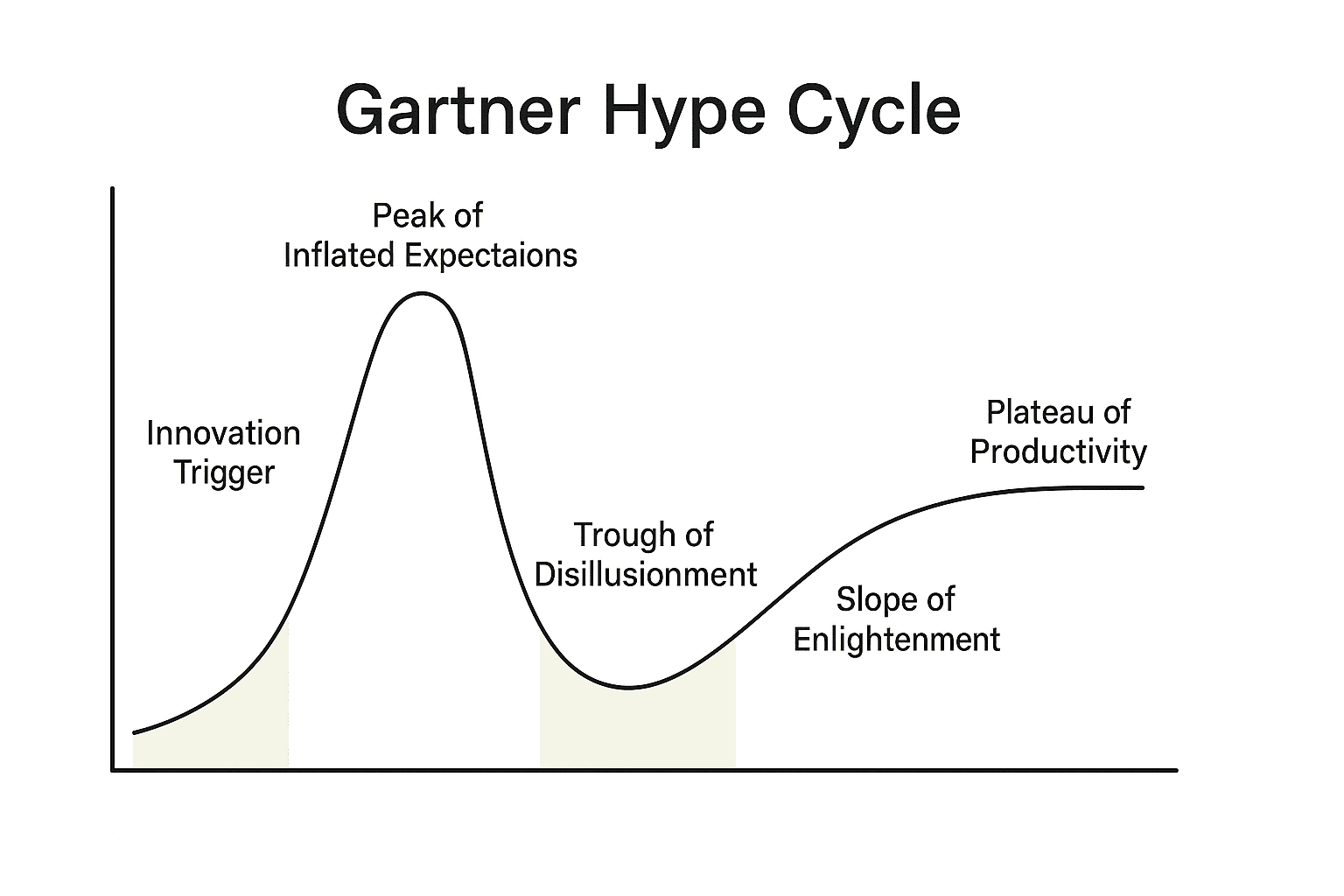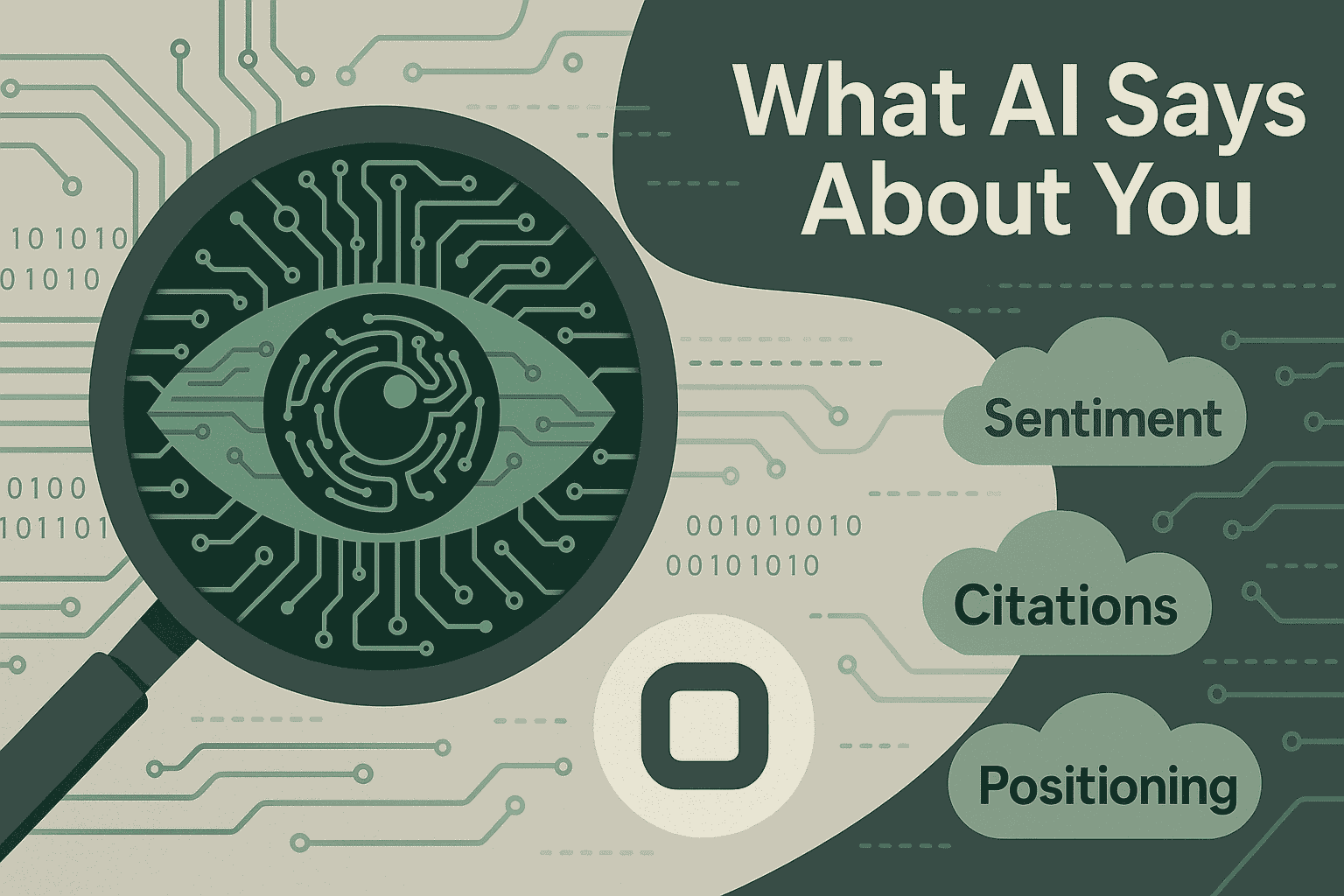The European Union Green Deal: Transforming ambition into action
In recent decades, Europe has emerged as a global leader in the transition toward a sustainable future. Through ambitious policy frameworks like the European Green Deal, the European Union has set a clear course: achieving climate neutrality by 2050 while fostering economic growth. This strategy is not just an environmental imperative but also an economic and social one — a blueprint for reconciling the planet’s needs with human progress.
The results are already tangible. By 2023, the European Union had succeeded in reducing its net greenhouse gas emissions by 37% compared to 1990 levels, while simultaneously increasing its GDP by 68% over the same period. These two figures — a significant drop in emissions alongside substantial economic expansion — demonstrate that sustainability and prosperity are not mutually exclusive. On the contrary, they can reinforce one another when guided by coherent policy, innovation, and collective action.
Decoupling emissions from growth: a European achievement
The notion that reducing emissions inevitably hampers economic development is increasingly outdated. Europe’s recent trajectory proves that a “decoupling” between economic growth and greenhouse gas emissions is not only possible but already happening.
Since 1990, the EU has implemented a range of initiatives: stricter emissions trading systems (ETS), renewable energy targets, improved energy efficiency standards, and incentives for sustainable agriculture and industry. These policies have pushed member states to transition away from fossil fuels, adopt cleaner technologies, and embrace circular economy principles. The result is a more resilient and innovative economic landscape that thrives without compromising the environment.
Moreover, the European Green Deal is not solely about reducing emissions — it is about reshaping Europe’s economy and society around sustainability. It encompasses biodiversity protection, zero-pollution objectives, sustainable food systems, and social justice. This holistic approach ensures that climate action is not a constraint but a catalyst for long-term competitiveness.
The role of businesses: from compliance to contribution
While policies and regulations provide the framework, businesses play a crucial role in achieving climate targets. Companies across Europe are rethinking their operations, supply chains, and corporate missions to align with environmental goals. Many have moved beyond mere compliance, embracing sustainability as a strategic advantage and a moral responsibility.
Language service providers (LSPs) — though not traditionally associated with high emissions — are no exception. They, too, have an important part to play in building a greener future. By reimagining their operations, optimizing digital workflows, reducing waste, and making conscious choices in procurement and partnerships, they contribute to the broader climate agenda.
InnovaLang’s green vision: beyond low impact
At InnovaLang, sustainability is more than a checkbox — it is a guiding principle. As a company operating primarily in the digital realm, InnovaLang already has a very low environmental footprint. Its services require minimal physical infrastructure, its workflows are designed for efficiency, and its teams embrace remote collaboration practices that reduce travel-related emissions.
But being low-impact is not enough. In line with Europe’s broader sustainability vision, InnovaLang has chosen to go beyond neutrality and actively contribute to regeneration. In 2025, the company will plant 130 new trees, a first milestone in a long-term tree-planting program that will continue in the years to come. This initiative reflects a deep commitment: every word translated, every project delivered, and every partnership forged should also plant a seed — literally — for the planet’s future.
The tree-planting project is not an isolated gesture but part of a wider corporate responsibility approach. It connects directly with InnovaLang’s values: nurturing growth, fostering connections, and leaving a tangible, positive mark on the world. As the European Union demonstrates that decarbonization and prosperity can go hand in hand, InnovaLang shows how even companies with minimal emissions can play an active role in building a sustainable future.
Words as seeds: a philosophy of growth
There is a symbolic resonance between translation and tree planting. Just as words can cross borders, build understanding, and shape the future, so too can trees root resilience, restore ecosystems, and sustain life. InnovaLang embraces this metaphor in its green initiatives, turning language into a tool not only for communication but also for regeneration.
Each new tree planted is a living symbol of the company’s philosophy: language has the power to transform, and transformation must include our relationship with the planet. Clients who work with InnovaLang are not just investing in precise, specialized translation — they are also participating in a broader project of environmental responsibility.
A shared forest: the path forward
The European Green Deal has shown that ambitious environmental goals and robust economic growth can coexist and even reinforce one another. The 37% reduction in greenhouse gas emissions since 1990, achieved alongside a 68% increase in GDP, is more than a statistical success — it is proof of concept. Europe can grow while shrinking its carbon footprint.
InnovaLang is proud to align with this vision. By committing to plant 130 trees in 2025 and expanding this effort in the years ahead, the company is turning words into forests and actions into legacies. It invites clients, partners, and collaborators to join in this journey — one in which every translation is also a step toward a more sustainable world.
Because building a greener future is not just the work of governments and institutions. It is a shared responsibility — and, when embraced collectively, it becomes a shared triumph.






